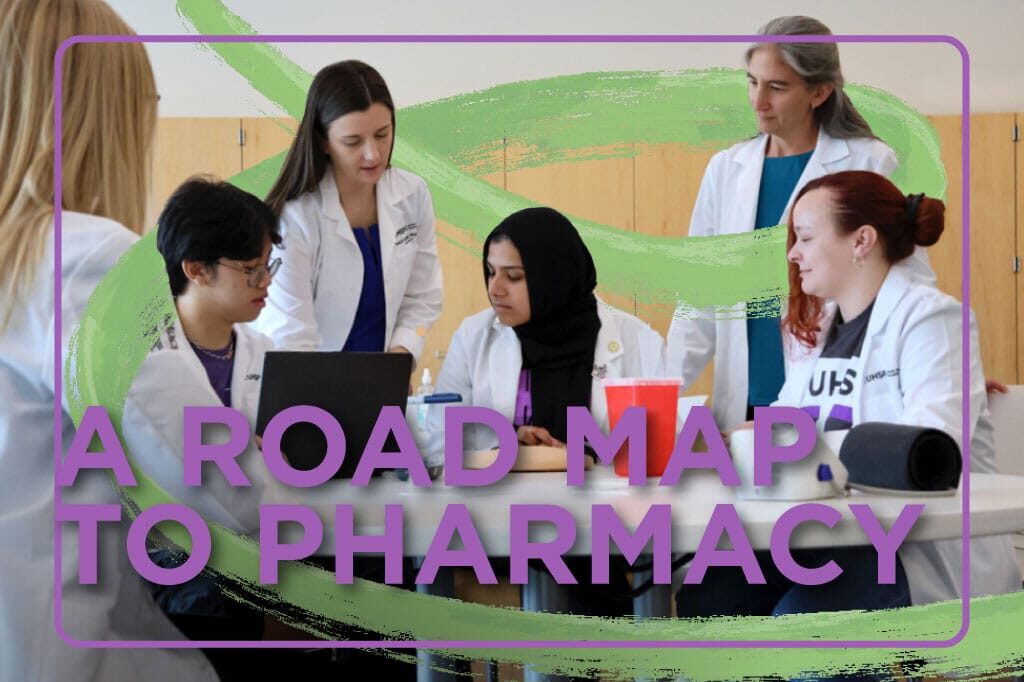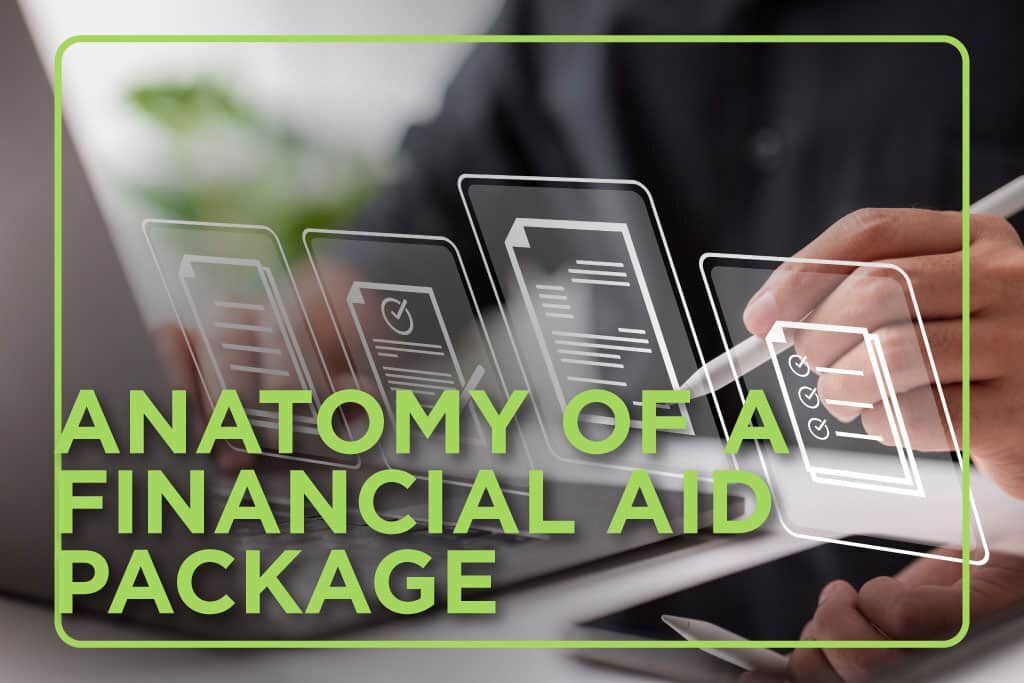
A Roadmap to Pharmacy
At some point in most of our lives, we’ve needed medicine, and our local pharmacist often becomes a trusted source for prescriptions, over-the-counter medications, immunizations and advice. Whether you’re interested in a pharmacist’s community impact, the art of compounding medicines or the research behind medication development, our interactions with pharmacists can inspire interest in a pharmacy career. With numerous paths in pharmacy to explore, the profession offers something for everyone. So, what does it take to become a pharmacist? Let’s take a look at the roadmap to pharmacy.
Is Pharmacy Right for You?
Before you embark on the journey to a career in pharmacy, consider a few key things:
- Time Commitment: Becoming a pharmacist takes dedication, with four years of pharmacy school required on top of pre-requisites you will need to take to get into a pharmacy. And if you choose to pursue an additional degree to compliment your Doctor of Pharmacy, additional education will be required. You’ll need to complete a Doctor of Pharmacy (Pharm.D.) and pass licensing exams, but some specialties can require additional training.
- Financial Investment: While pursuing a Pharm.D. requires a significant investment, the return on investment is substantial. According to the U.S. Bureau of Labor Statistics, pharmacists earned a median salary of $136,030 in 2023, showcasing the strong financial prospects in this rewarding career.
- Work Environment: Pharmacists don’t just work in community pharmacies. Whether you want to work behind the pharmacy counter, in a hospital, research lab or another specialized field, you’ll find diverse opportunities within the pharmacy profession.
- Career Paths: One of the greatest advantages of a pharmacy career is the flexibility to pivot between specialties. For example, if you start in one area of pharmacy but later develop an interest in clinical research or public health, your training may allow you to make that transition. This versatility is key when considering if pharmacy is the right path for you. Whatever path you choose, pharmacy offers avenues for career growth and diversity, and the chance to explore different areas of health care.
The Pharmacy Highway
Pre-Pharmacy Studies (2-4 years)
Although many pharmacy schools don’t require a bachelor’s degree for a student to enter a Pharm.D. program, it is often preferred. Look for programs with health sciences focuses and the flexibility to explore different pharmacy career paths.
Pharmacy School (4 years)
Once accepted into pharmacy school, you’ll spend three to four years completing a Pharm.D. program. This includes coursework and hands-on rotations, helping you explore diverse pharmacy specialties, from clinical care to research. Your journey will begin with a White Coat Ceremony—a rite of passage into the pharmacy profession.
Licensure
After completing pharmacy school, the next step is passing the North American Pharmacist Licensure Examination (NAPLEX) and other state board requirements before officially becoming a licensed pharmacist.
What Comes Next?
Your Pharm.D. is the foundation for an excellent career. While many pharmacists choose to enter the workforce right after graduating from pharmacy school, some choose to pursue additional training. Beyond obtaining your Pharm.D., there are opportunities for specialized training:
Residencies (1-2 years)
Residencies provide the opportunity to focus on clinical care for specific patient populations. Through residencies, students can work in various settings such as hospital pharmacy, ambulatory care or oncology. Residencies provide hands-on training, allowing pharmacists to work with health care teams, manage medication therapy and improve patient outcomes. This experience builds a foundation for specialized practice and expands career opportunities.
Fellowships
Fellowships are specialized programs that provide advanced training in areas like academia, research or pharmaceutical industry. Unlike residencies, fellowships focus on developing expertise in fields such as drug development, clinical trials or regulatory affairs. They often involve research projects, publishing findings and collaborating with experts, and can be crucial for preparing pharmacists for careers that contribute to the advancement of pharmacy and health care.
Board Certifications
Board Certifications demonstrate a pharmacist’s advanced expertise in areas like critical care, oncology, infectious diseases or pediatrics. To earn these credentials, pharmacists typically complete a combination of a Pharm.D., residency or relevant experience, and pass a Board of Pharmacy Specialties (BPS) exam. These certifications are valuable for career advancement, opening doors to specialized roles and enhancing patient care by optimizing treatment outcomes.
Wrapping It Up
Becoming a pharmacist requires dedication, but it’s a rewarding career with many paths to explore and this roadmap to pharmacy can help. Whatever pharmacy path is of interest to you, the opportunities are vast and growing. With the right preparation and a focus on your goals, you can tailor your education and experience to fit the area of pharmacy that best suits your passions and strengths.


